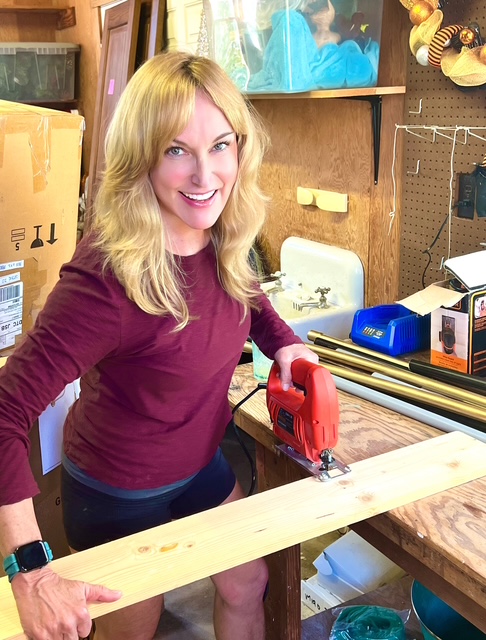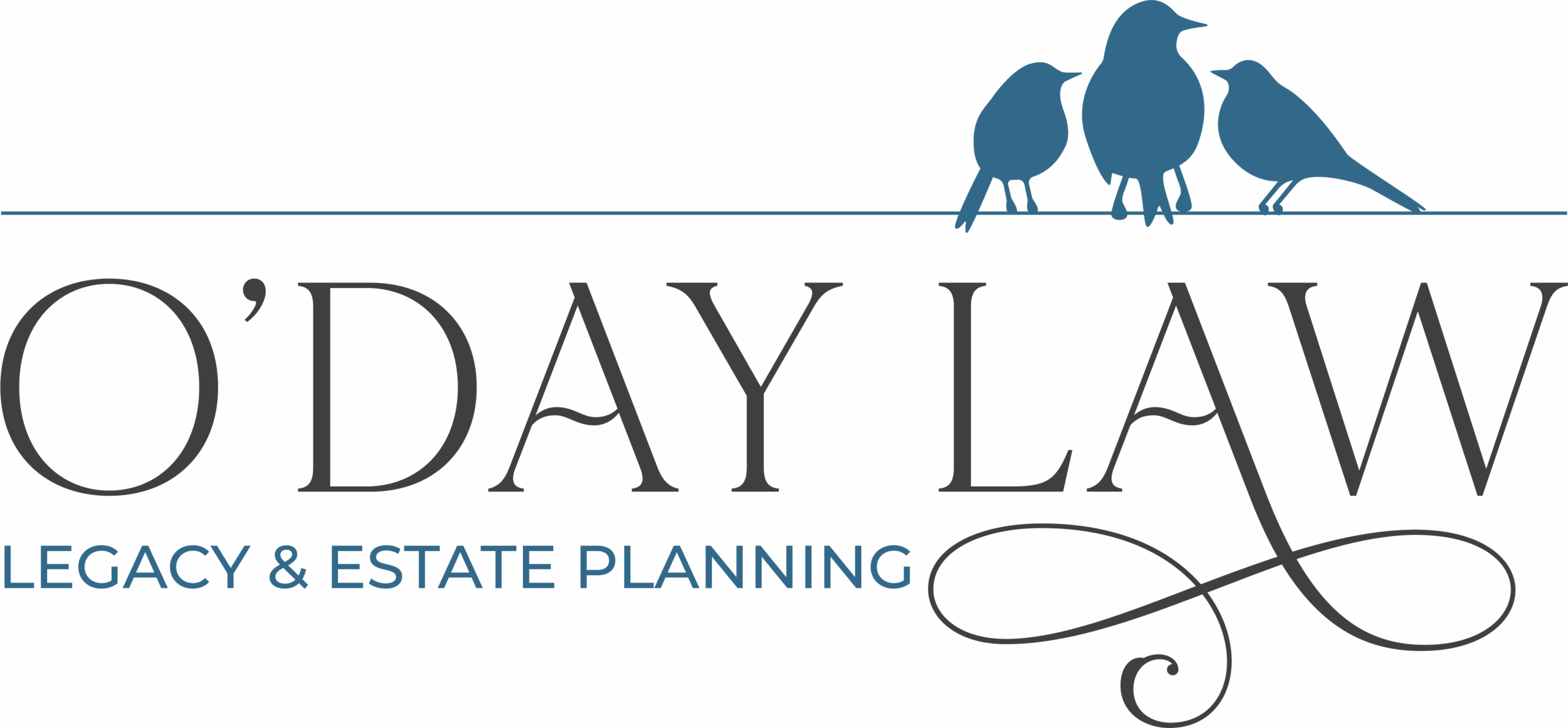 Ok, nobody loves a DIY project more than I do! From hanging wallpaper to refinishing furniture, I’ll tackle it all (and I have all the tools!). But even I know there are just some tasks better left to an expert. The same goes for estate planning. Everyone knows that the DIY approach can save a few bucks in the short term (and did I mention I’m cheap? I like a bargain too!). After all, if you can assemble an IKEA bookshelf or fix a leaky faucet, why wouldn’t you be able to handle your own estate plan, right?
Ok, nobody loves a DIY project more than I do! From hanging wallpaper to refinishing furniture, I’ll tackle it all (and I have all the tools!). But even I know there are just some tasks better left to an expert. The same goes for estate planning. Everyone knows that the DIY approach can save a few bucks in the short term (and did I mention I’m cheap? I like a bargain too!). After all, if you can assemble an IKEA bookshelf or fix a leaky faucet, why wouldn’t you be able to handle your own estate plan, right?
But before you start googling “DIY estate plans,” let’s take a moment to consider the potential pitfalls…..and believe me, I’ve seen them all….because for over 20 years, I worked as a SurvivorSupport® attorney and financial advisor helping thousands of families navigate the chaos and confusion after a loved one died. I can’t recall any DIY estate plan ever working in the way it was intended. So, although you can do it yourself, that doesn’t mean you should.
Here’s why:
DIY Estate Plans: More “One Size Fits All” Than “Tailored to You”
You know that one-size-fits-all sweater you bought online that seemed perfect until it arrived at your house, you tried it on and realized it looked more like a potato sack than an outfit? (Yes, I’m looking at you, Shein!) That’s basically what a DIY estate plan is like. It’s a generic document – and it is only a document with no further directions, advice, or guidance. Most importantly, your estate plan must be both 1) the important documents, as well as 2) ensuring all of the other important things in your life, such as family members and your financial assets, are coordinated with those documents.
Maybe you’ve got a few investment properties, a family business, or a particularly complicated relationship with your siblings. These things require careful, personalized planning, and you can’t expect a template to cover that. Otherwise, you could end up with a plan that doesn’t address your needs at all.
When an estate plan doesn’t address your personal family and asset dynamics, chances are, your family may be left out, and your assets will fail to pass the way you intended. Don’t leave this to chance with a DIY plan.
Legal Language: A Little Confusion Can Go a Long Way
Now, estate planning comes with a lot of legal mumbo jumbo—words that make you feel like you need a law degree just to understand what’s going on, and often well-prepared estate plans can seem so long – so many pages! But here’s the thing: the legal language isn’t just for fun. It’s the glue that holds everything together. And when it comes to estate planning, the laws are very state-specific. Without the right wording, your estate plan could easily fall apart when you need it most. After watching firsthand what happens to families after a loved one dies without a professionally-prepared estate plan, I know how important it is to address all of the “what ifs” and important issues that may arise. It is always better to be safe than sorry, but DIY estate plans don’t offer the legally-sound layers of protection.
Think of it this way: imagine you built a house out of popsicle sticks and glue. It looks fine from a distance, but when you try to move in, it’s a disaster. That’s what your DIY estate plan is like if it doesn’t include the proper legal language. A little error here, a confusing clause there, and suddenly your whole estate plan could be void, leaving your loved ones to pick up the pieces. Not exactly the peaceful legacy you were hoping for.
DIY Estate Plans Can Be a LOT More Expensive Later
 Here’s the kicker: while a DIY estate plan may seem like a cost-effective solution now, it might actually end up costing your family a lot more money in the long run. In fact, if you look closely enough, the companies offering online DIY estate plans include HUGE company disclaimers, absolving the company of any liability if their DIY plan doesn’t “work” the way you intended.
Here’s the kicker: while a DIY estate plan may seem like a cost-effective solution now, it might actually end up costing your family a lot more money in the long run. In fact, if you look closely enough, the companies offering online DIY estate plans include HUGE company disclaimers, absolving the company of any liability if their DIY plan doesn’t “work” the way you intended.
They know their document will likely fail if put to the test. If your estate plan isn’t structured properly, it could lead to legal battles, probate delays, or even a complete mess of a situation when it’s time to settle the estate. Lawyers and fees add up fast, and what could have been a simple, straightforward process turns into an expensive, drawn-out ordeal – at the worst possible time for your family.
So, when you’re thinking of how much money you’re saving by going the DIY route, consider how much it could cost your loved ones later if your plan falls apart.
The Takeaway: Don’t DIY Your Estate Plan
I totally get it: DIY projects are fun, and it’s always nice to save a little money. But when it comes to something as important as your estate plan, it’s better to work with an experienced estate planning attorney. After all, this isn’t about building a bookshelf—it’s about ensuring that your wishes are honored and your family is able to peacefully and seamlessly take care of your estate after you’re gone.
Investing in a qualified estate planning attorney might cost a little more up front, but it’ll save your family a whole lot of stress, confusion, and money in the future. Plus, you’ll get the peace of mind knowing that your estate plan actually works when it counts.
If you are ready to get started on your personalized estate plan, click below! As an experienced estate planning attorney with a background as a FINRA-registered financial advisor, I work with clients to ensure their estate plan goals are met – with detailed, personalized estate documents and coordinating their outside assets with their estate plan.







